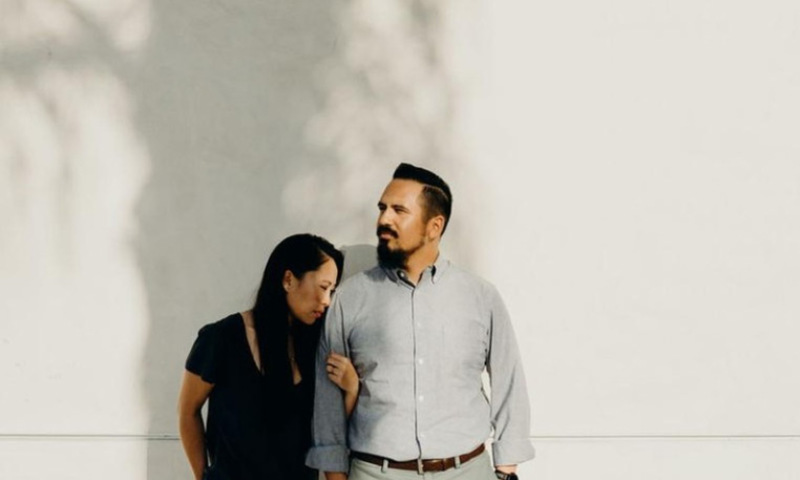3 Ways To Ruin An Apology

“The need for apologies and repair is a singularly human one—both on the giving and receiving ends. We are hardwired to seek justice and fairness (however we see it), so the need to receive a sincere apology that's due is deeply felt. We are also imperfect humans and prone to error and defensiveness, so the challenge of offering a heartfelt apology permeates almost every relationship.”
If there’s one thing we have learned in life, it’s that it is better NOT to apologize, than to apologize badly. That’s not to say that therefore we don’t need to apologize when we’ve hurt or angered someone, it’s more that we need to acknowledge the vital importance of actually learning to apologize well.
In her book, Why Won’t You Apologize? Healing Big Betrayals and Everyday Hurts, noted psychologist and author Helen Lerner explains why this is so important. She says, “…a false, blame-reversing apology only repeats and deepens the original injury.” So instead of our apology resulting in repairing and healing the injured relationship, if done poorly, it can actually cause it even more harm.
Is it safe to assume that we’ve all been on the receiving end of a bad apology and walked away feeling worse than we did at the moment of the injury, perhaps even feeling shamed or blamed? And how can we avoid being “that guy” or the person that ruins an apology?
Since one of the best ways to learn can be the “what-not-to-do” method, here are three things Lerner says to avoid when offering an apology to someone.
3 Ways to Ruin an Apology:
1. “I'm sorry, but…”
Example: “I’m sorry I yelled at you, but I’ve asked you a million times to pick up your shoes.”
Beware the little – yet powerful – word, “but,” because anything you say after it negates and wipes away your apology – even if what you added is true! It falsifies the apology and turns the blame onto the other person instead of accepting responsibility for yourself and your own actions/words.
Instead try: “I’m sorry I yelled at you. I could have said it more calmly and kindly. Please forgive my outburst.”
2. “I’m sorry you feel that way.” Or “I’m sorry that what I said/did upset you.”
Example: “I’m sorry you felt embarrassed by what I said.”
This apology fails to take responsibility for the transgression. Basically, it’s like saying, “I’m sorry that you’re upset by my perfectly reasonable behavior.” A proper apology will focus on the offender’s behavior, not on the offended person’s reaction to it.
Instead try: “I’m sorry I embarrassed you in front of your friends. I should have waited to address it privately with you. Please forgive my thoughtlessness.”
3. “I’ve already apologized. Can we please move on?”
This apology won’t be effective if you are using it to avoid a difficult or hard conversation. For your apology to be meaningful and receivable, you must be willing listen carefully and acknowledge the wounded party’s pain and anger.
Instead try: “What I hear you saying is that when I did/said______, it made you feel____. Is that right? I can understand why it would make you feel that way. I was wrong to do that. I’m sorry. Please forgive me.”
A good apology is almost like a magic elixir when it comes to healing and restoring a relationship with someone we’ve hurt. By acknowledging and taking responsibility for our part, it opens the door much quicker and wider to forgiveness. After all, we are human and we can’t possibly get it right all the time. But by learning not only to apologize but to do it well, we‘ll be on our way to healthier, happier and stronger relationships in all areas of our lives.

